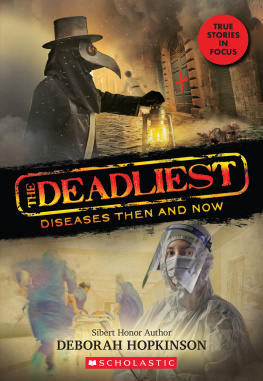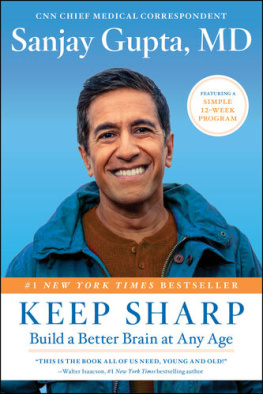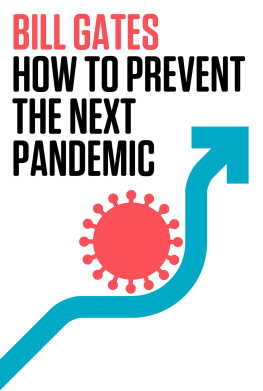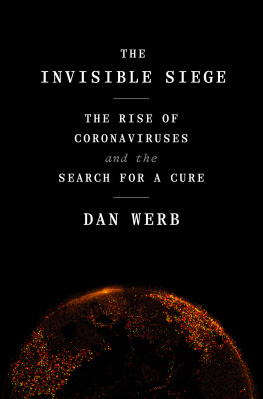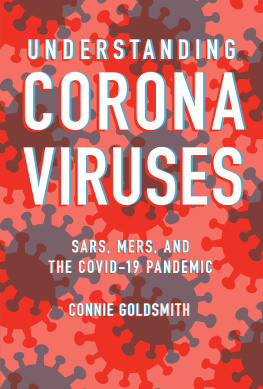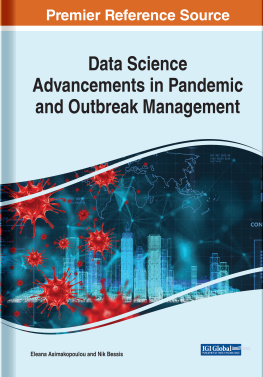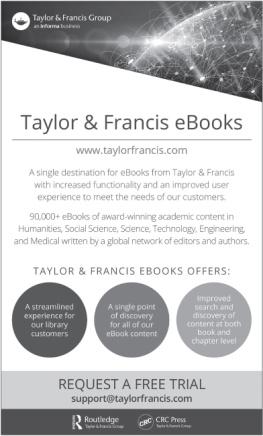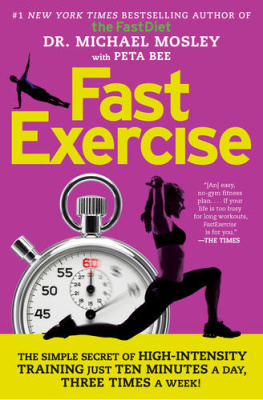Cover copyright 2020 by Hachette Book Group, Inc.
Hachette Book Group supports the right to free expression and the value of copyright. The purpose of copyright is to encourage writers and artists to produce the creative works that enrich our culture.
The scanning, uploading, and distribution of this book without permission is a theft of the authors intellectual property. If you would like permission to use material from the book (other than for review purposes), please contact permissions@hbgusa.com. Thank you for your support of the authors rights.
Published by Hachette Books, an imprint of Perseus Books, LLC, a subsidiary of Hachette Book Group, Inc. The Hachette Books name and logo is a trademark of the Hachette Book Group.
The Hachette Speakers Bureau provides a wide range of authors for speaking events.
To find out more, go to www.hachettespeakersbureau.com or call (866) 376-6591.
The publisher is not responsible for websites (or their content) that are not owned by the publisher.
In November 2019, a coronavirus from a common little bat jumped, somehow, to a human, or maybe a few of them. It just happened that the virus could spread easily among people already, or it evolved fast, as these viruses can. By December, a cluster of people were hospitalized with severe pneumonia in Wuhan, China, and it wasnt the flu.
Not enough was done to contain this new virus until January 20th, when China told the world it was contagious. By then there were already so many cases in Wuhan, the city had to be locked down three days later to control the epidemicbut it had long since spread all over China and to other countries. The virus was named SARS-CoV-2 because it was so similar to another one we had barely managed to beat back in 2003. As you know, the disease it causes was named Covid-19: co for corona, vi for virus, d for disease, and 19 for the year it appeared. A lot of people just call it the coronavirus.
Three months after Wuhan was locked down, some two billion people worldwide were also in some form of lockdown, and everyone, everywhere faced infection with the virus, with few effective treatments and no prospect of a vaccine anytime soon.
Covid-19 has infected the entire human world. This pandemic has been like a big dog, picking up our fragile, complex society in its teeth and shaking it. Lots of us have died. Lots of us will continue to die, either from the virus itself or from the long-term poverty, political and economic dislocation, and overloaded medical systems that will be the pandemics legacy. Some aspects of our society will change for the worse, some maybe for the betterbut, either way, for good.
And through it all, we have been deluged with reams of news reports and instant analyses, heartbreaking frontline accounts, revised government instructions, and new medical advice, plus probably the most staggering global outpouring of instant scientific research in history, all trying to predict whats coming next and figure out how to mitigate this disease disaster.
But you know all that.
And still there is the question: How could this happen? This is the 21st century. In much of the world, we have wonder drugs and flush toilets and computers and international cooperation. We dont die of pestilence anymore.
Sadly, as we all know now, yes, we do. But what is especially sad for a science journalist like me who writes about disease for a living is that this pandemic has not exactly been a surprise. Scientists have been warning for decades, with mounting urgency, that this was going to happen. And journalists like me have been relaying their warnings that a pandemic is coming and that we arent prepared.
How did we find ourselves in this situation? In short, there are more and more people, and too many of them have had to put ever-increasing pressure on natural systems to get the food and jobs and living space they need. That means pushing into wilderness that harbors new infections and intensifying food production in ways that can breed disease. Covid-19, Ebola, and worse come from destroying forests. Worrying flu strains and antibiotic-resistant bacteria come from livestock. Yet we have neglected to invest in the things that discourage infectious disease: public health, decent jobs and housing, education, sanitation.
Then the impact of the new pathogens we unearth is magnified by our ever-increasing global connectedness, as we crowd into cities and trade and travel in an ever-denser global network of contact. So once public health fails and contagion appears anywhere, it goes everywhere. We know so much about beating disease, yet fragmented governing structures, lack of global accountability, and persistent poverty in so many places ensure that those failures happen and disease propagates.
Despite all that, we know what we need: much better understanding of potentially pandemic infections, fast detection of new outbreaks, and ways to respond to them quickly. Ill be looking at that in this book. So far, we havent been able to do that effectively, where it is most needed.
In 2013, two labsone Chinese, one Americaninvestigated a tribe of bat viruses that are almost certainly the source of Covid-19. They immediately recognized the threat. One lab called them pre-pandemic and a threat for future emergence in human populations. The other wrote that they remain a substantial global threat to public health.
Nothing was done. We could have learned more about them, designed some vaccines, looked into tests and treatment, studied ways these viruses might infect human populationsand shut those down. None of that happened. It was no ones job to take on those tasks with this kind of threat, even when it materialized.
Yet we needed so much to be in place if one of these viruses went globalwhich one did. You dont need to be told. Testing. Ventilators. Drugs. Vaccines. Protective gear for doctors and nurses. A plan for using old-fashioned quarantine and isolation to stop this kind of virus from spreading. A plan for dealing with the economic impact. Measures to contain the virus so we might not even need those things. Experts and governments have been talking intensively about pandemic preparation for nearly two decades, and still we werent prepared.
And this kind of virus wasntand isnteven the only viral threat out there, yet were just as unprepared for the others. I wrote the following for New Scientist magazine in 2013, the year the Covid-like viruses were discovered, about a visit to the World Health Organizations then-shiny new situation room and what might happen if H7N9 bird flu, the virus causing concern at the time, went pandemic:
As it stands, the World Health Organizations top brass will watch any H7N9 pandemic unfold from their strategic operations centre. Information will flood in; body counts will mount. Governments will be told that their demands for vaccines and drugs cannot be met. They will issue declarations, hold briefings, organise research, tell people to wash their hands and stay home. Mostly, though, they will just watch helplessly.


